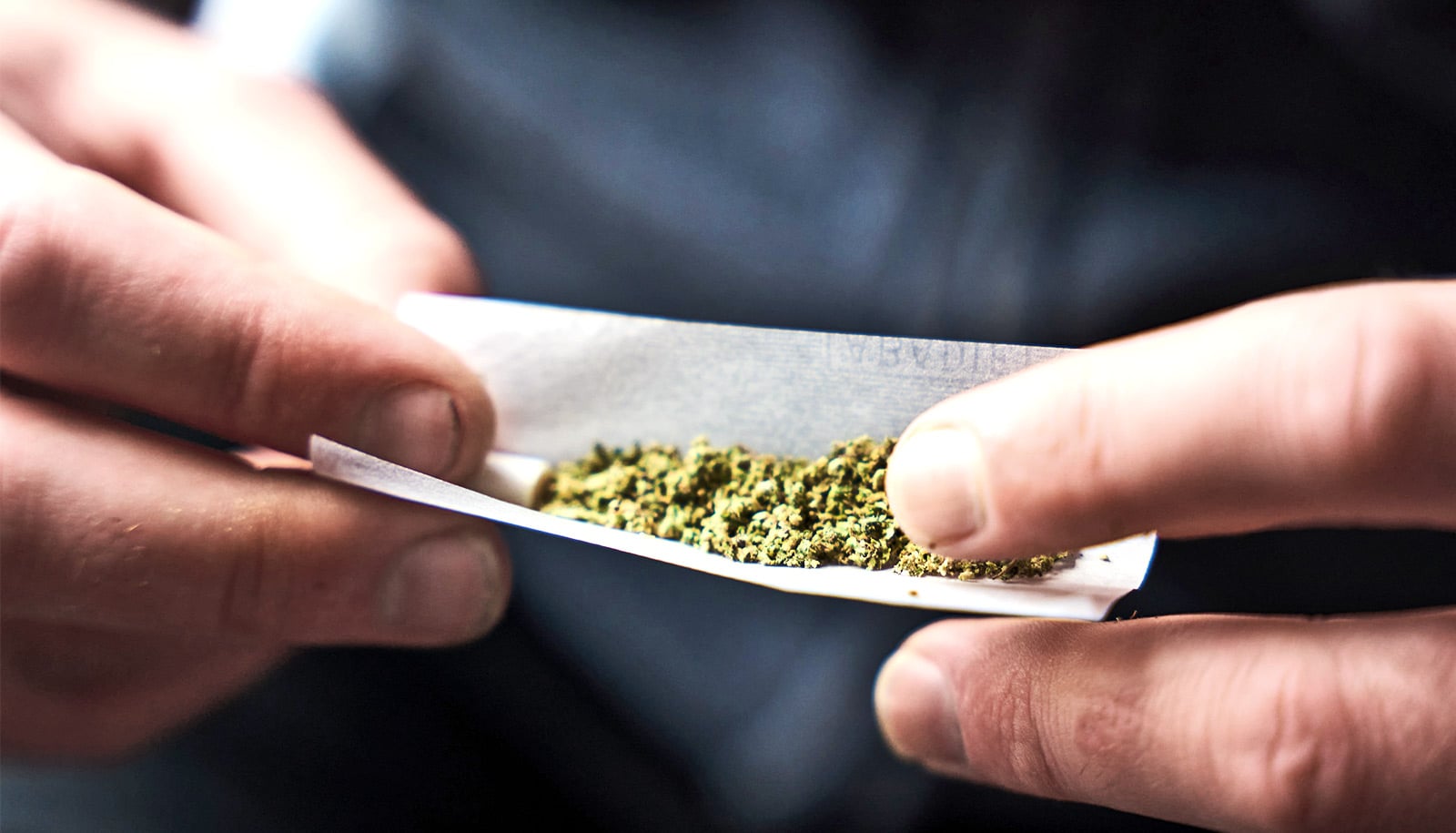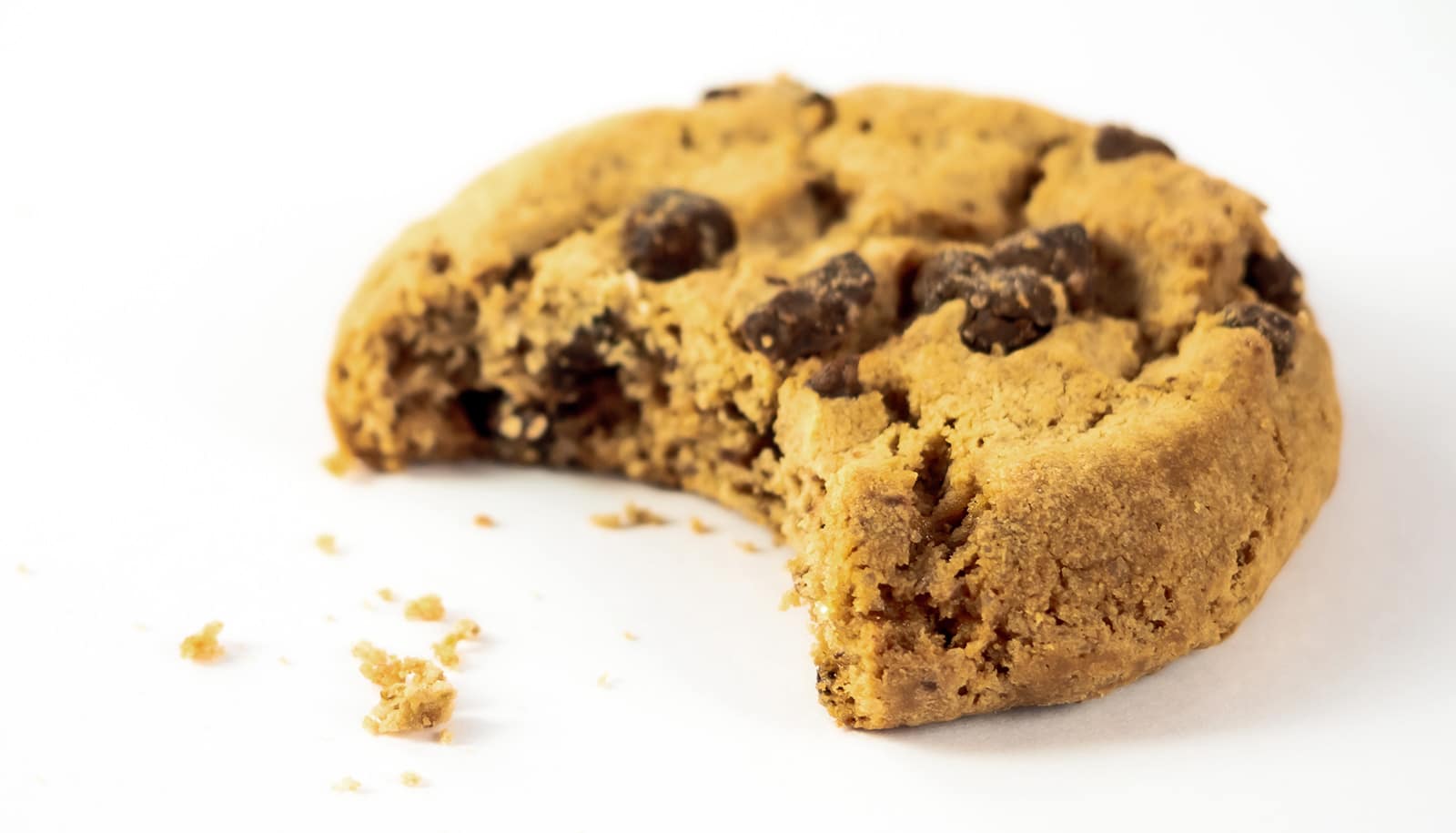Frequent cannabis use can lead to cavities and severe tooth loss, according to a new study.
Ellyce Clonan, a clinical assistant professor in the pediatric and community dentistry department at the University at Buffalo School of Dental Medicine, spotted the association between cannabis and tooth decay while completing her Dental Public Health Residency Program at Jacobi Medical Center in Bronx, New York.
As part of the intake questionnaire at the public clinic where she worked, patients would often answer “no” when asked if they smoked, Clonan says. However, when she gave them home instructions following a tooth extraction such as, “no fried foods and no smoking,” an important truth often would be revealed.
“They’d tell me, ‘Well, I do smoke cannabis,'” she says.
Cannabis smokers and oral health
To explore the possible connection, Clonan, who is also a consultant for the ADA, used a cross-sectional study analyzing data obtained from 5,656 adults ages 18-59 who participated in the National Health and Nutrition Examination Survey (NHANES), sponsored by the Centers for Disease Control and Prevention (CDC) between 2015 and 2018.
She discovered that people who reported smoking cannabis at least once a month for more than a year had a 17% higher chance of having untreated coronal caries (cavities), 55% higher odds of root surface caries, and 41% higher odds of severe tooth loss compared with patients who did not smoke marijuana after controlling for age, sex, race or ethnicity, education, income, or alcohol consumption.
“The surveys only focused on smoking cannabis, not other use such as edibles,” Clonan says. “When you smoke cannabis, you’re literally putting fire near your mouth, which is never good. It causes dry mouth, which can lead to tooth decay. Saliva protects you from dental caries.”
Two other factors may contribute to cavities and tooth loss—the high-fat snacks, sugary foods, and drinks people typically consume when they use cannabis and poor brushing habits while under the influence, she says.
Filling in a gap
The effect of cannabis use on oral health has been on Clonan’s radar for a while, she says, since numerous states, including New York, have legalized marijuana, and recreational use has skyrocketed.
“I saw a gap in the dental research compared with the medical field,” she says, “so I decided to pursue this study.”
All the information was self-reported, so Clonan suspects frequent recreational cannabis (FRC) use is higher than the surveys reveal.
“Someone in New York might be more forthcoming compared to someone in Alabama who might worry about who is looking at the survey,” she says.
The average age of the study’s respondent was 39. Clonan notes, however, that FRC use was reported from respondents across all ages, races, and socioeconomic levels.
These findings reflect a national trend, Clonan adds.
Cannabis use in adults 65 and older jumped by 75% over a three-year period, according to a recent report in the Journal of the Medical Association. Meanwhile, according to a 2023 study by the National Institute on Drug Abuse, the percentage of young adults (ages 19-30), who reported past-year marijuana use and daily marijuana use reached their highest levels ever.
While smoking cannabis may lead to oral health problems, Clonan says she doesn’t want to convey that the drug is inherently bad and patients shouldn’t use it. Cannabis, she points out, can serve as a therapeutic agent for numerous diseases and disorders—from cancer to anxiety.
“Yes, we want to educate our patients about the dangers of smoking, but we want to treat their use with kindness and understanding,” she says. “The results of the survey also indicate we need to tailor our advice.”
For instance, a person smoking either cigarettes or cannabis needs to drink a lot of water afterward. If their appetite increases after smoking cannabis, it’s preferable that they eat all in one sitting versus snacking over time, which Clonan says is more detrimental to oral health.
“I’d also tell them to avoid sugary, sticky foods and remember to brush after eating, even while under the influence of cannabis,” she says.
More research needed
These lifestyle changes should decrease the chances of cannabis smokers losing their teeth, she says. Also, dental offices can help by making their intake questionnaires more specific.
“In addition to asking about tobacco use, they could ask, ‘Do you use cannabis?’ ‘How often?'” she says. “Knowledgeable providers will be better equipped to identify and address the adverse outcomes associated with FRC use, and in turn, give better advice to their patients.”
In the future, Clonan says she would like to conduct a longitudinal study with more surveys and interviews with patients to gauge the effect their cannabis habits have on their oral health over a prolonged period of time.
“This recent study was just a snapshot in time, so we can’t completely determine cause and effect of the cannabis use and the caries and tooth loss,” she says. “More research is definitely needed.”
An article detailing the findings appears in the Journal of the American Dental Association (ADA).
Source: Laurie Kaiser for University at Buffalo



